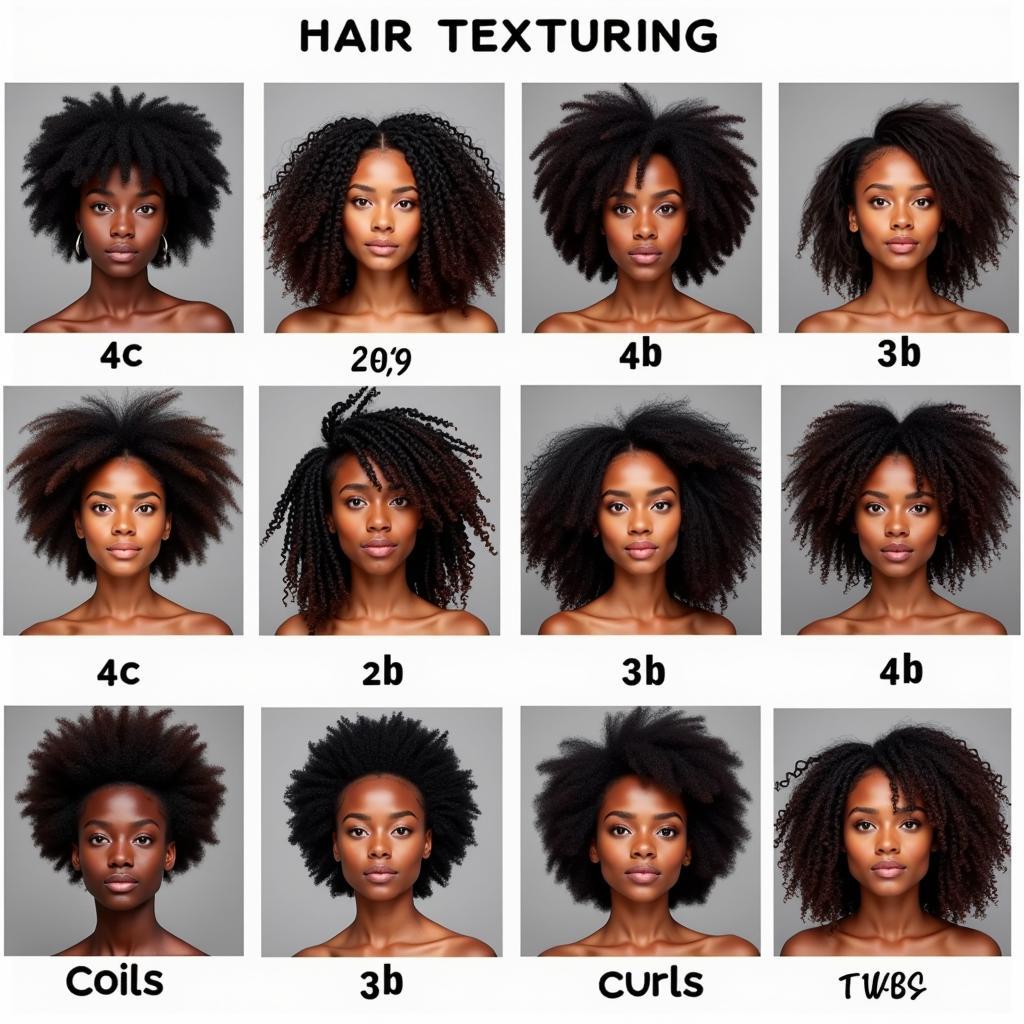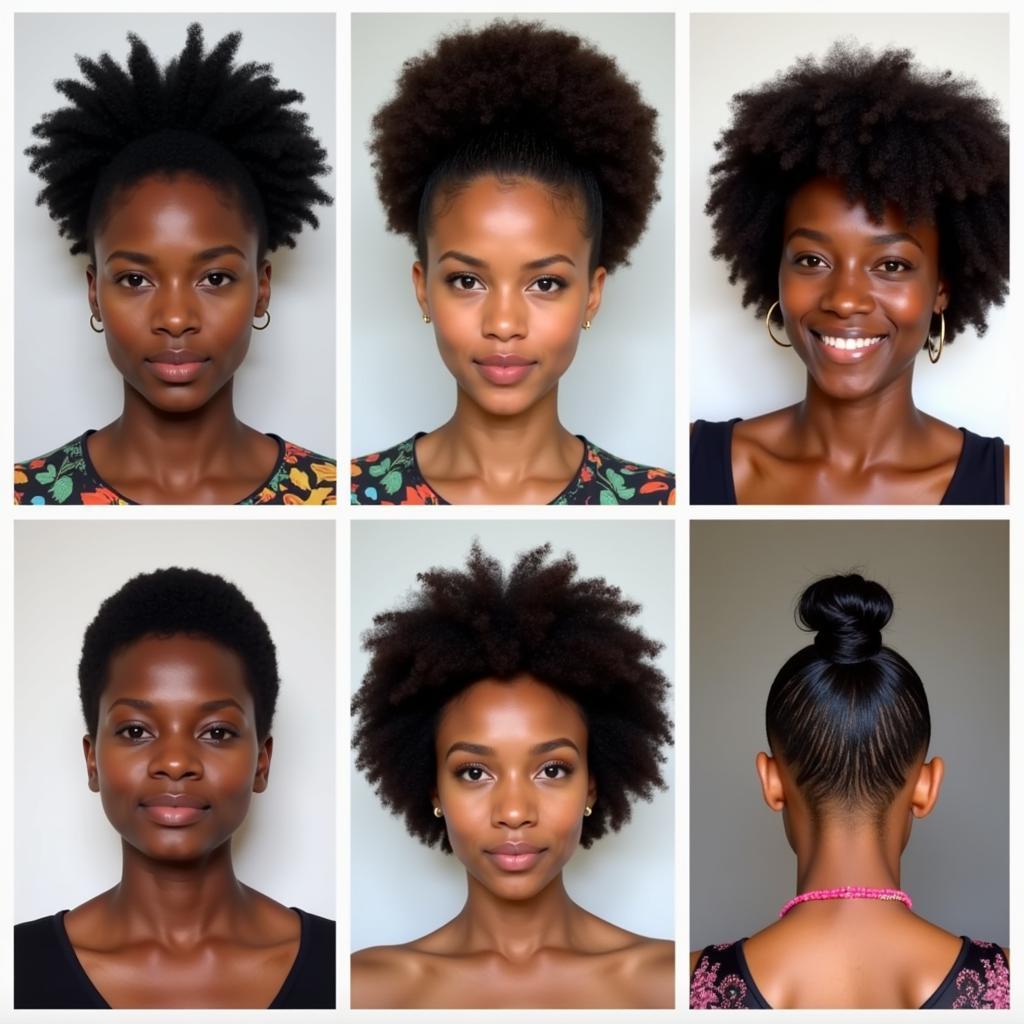African American Leader Organizations in Civil Rights
The fight for civil rights in America is inexorably intertwined with the tireless work of African American leader organizations that have courageously challenged injustice and inequality. These organizations, often born out of the crucible of oppression, have been the backbone of movements for social change, providing strategic direction, galvanizing communities, and amplifying the voices of the marginalized. Understanding the impact and legacy of these organizations is crucial to grasping the complexities of the civil rights movement and appreciating the ongoing struggle for racial justice.
A Legacy Forged in the Fire of Oppression: Early Organizations and their Impact
The emergence of African American leader organizations can be traced back to the late 19th and early 20th centuries, a period marked by widespread racial segregation and discrimination. Organizations like the National Association for the Advancement of Colored People (NAACP), founded in 1909, emerged as powerful voices against racial injustice. The NAACP, with its focus on legal advocacy and challenging discriminatory laws, played a pivotal role in landmark Supreme Court cases like Brown v. Board of Education, which declared state-sponsored segregation in public schools unconstitutional.
Marching Towards Freedom: The Civil Rights Movement and the Rise of New Organizations
The mid-20th century witnessed an unprecedented surge in activism as the Civil Rights Movement gained momentum. This era saw the rise of organizations like the Southern Christian Leadership Conference (SCLC), led by Dr. Martin Luther King Jr., which advocated for nonviolent resistance and civil disobedience. The SCLC’s commitment to peaceful protests, epitomized by the March on Washington for Jobs and Freedom in 1963, helped to galvanize public support and push for legislative action, ultimately leading to the passage of the Civil Rights Act of 1964 and the Voting Rights Act of 1965.
Alongside the SCLC, the Student Nonviolent Coordinating Committee (SNCC), founded in 1960, played a pivotal role in engaging young people in the struggle for civil rights. SNCC’s focus on grassroots organizing and direct action, particularly in challenging segregation in the South through Freedom Rides and voter registration drives, proved instrumental in dismantling Jim Crow laws and empowering African American communities.
Beyond the Movement: Addressing Systemic Inequality and Empowering Communities
While the Civil Rights Movement achieved significant legal victories, the struggle for racial justice continues, addressing systemic inequalities that persist in areas such as education, healthcare, and criminal justice. Today, African American leader organizations continue to play a vital role in advocating for policy changes, promoting economic empowerment, and addressing social injustices. Organizations like the National Urban League and the National Black Justice Coalition focus on issues ranging from economic development and educational equity to LGBTQ+ rights and criminal justice reform.
“The fight for civil rights is a marathon, not a sprint,” says Dr. Anika Jones, a prominent historian specializing in African American social movements. “These organizations provide a critical framework for understanding the historical context of the struggle while also highlighting the ongoing work needed to dismantle systemic racism and achieve true equality.”
FAQ
1. What were the main goals of African American leader organizations during the Civil Rights Movement?
These organizations primarily aimed to dismantle legal segregation, secure voting rights for African Americans, and achieve social and economic equality.
2. How did these organizations contribute to the passage of the Civil Rights Act of 1964?
Through strategic legal challenges, nonviolent protests, voter registration drives, and lobbying efforts, these organizations brought national attention to racial injustice and pressured the government to enact legislation.
3. Are these organizations still relevant today?
Absolutely. They continue to address systemic racism and advocate for social justice in areas like education, healthcare, and criminal justice.
4. What are some examples of how these organizations are addressing contemporary issues?
They are working on policy advocacy, economic empowerment programs, educational initiatives, and criminal justice reform.
Need More Information?
Learn more about the rich heritage of the African American community by exploring these related topics:
- African American cultural values
- African American heritage people
- African American speakers
- African diaspora timeline
- African Americans who won the Nobel Peace Prize
For any further assistance or inquiries, do not hesitate to reach out to us at:
Phone Number: +255768904061
Email: kaka.mag@gmail.com
Our dedicated customer support team is available 24/7 to assist you.


